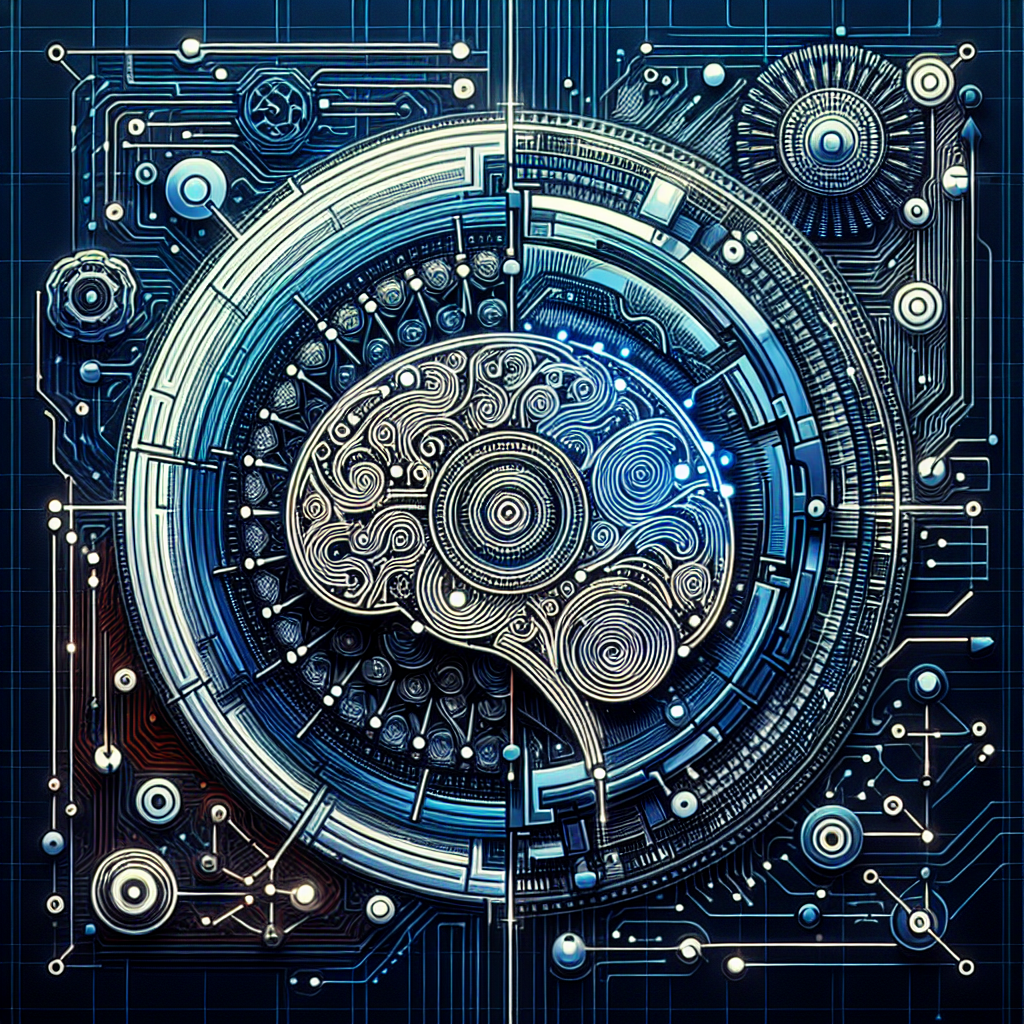Artificial General Intelligence (AGI) is the next frontier in the field of artificial intelligence. AGI refers to the ability of a machine to understand and learn any intellectual task that a human being can do. This is in contrast to current AI systems, which are limited to specific tasks and lack the ability to generalize their knowledge to new situations.
The development of AGI has the potential to revolutionize industries, improve our daily lives, and even change the way we think about intelligence itself. In this article, we will explore the concept of AGI, its potential applications, challenges, and the ethical considerations that come with creating machines that are as intelligent as humans.
What is AGI?
AGI is a type of artificial intelligence that is capable of performing any intellectual task that a human can do. This includes tasks such as reasoning, problem-solving, learning, and understanding natural language. AGI systems are designed to have a broad range of capabilities and can adapt to new situations and tasks without the need for reprogramming.
Current AI systems, such as voice assistants, image recognition software, and self-driving cars, are examples of narrow AI. These systems are designed to perform specific tasks and are limited in their ability to generalize their knowledge to new tasks. AGI, on the other hand, is designed to be more flexible and adaptable, with the goal of achieving human-level intelligence.
The development of AGI is a complex and challenging task that requires advances in a variety of fields, including computer science, neuroscience, and cognitive psychology. Researchers are working to develop algorithms and systems that can mimic human intelligence and learn from experience, much like a human brain.
Applications of AGI
The potential applications of AGI are vast and varied, with the ability to impact almost every aspect of our lives. Some of the potential applications of AGI include:
1. Healthcare: AGI could revolutionize the healthcare industry by improving diagnosis, treatment, and patient care. AGI systems could analyze medical data, identify patterns, and make treatment recommendations that are personalized to each patient’s needs.
2. Education: AGI could transform the way we teach and learn by creating personalized learning experiences for students. AGI systems could adapt to each student’s learning style, pace, and preferences, helping them to achieve their full potential.
3. Finance: AGI could be used to analyze financial data, predict market trends, and make investment decisions. AGI systems could help investors make better decisions and reduce the risk of financial losses.
4. Autonomous vehicles: AGI could improve the safety and efficiency of autonomous vehicles by enabling them to adapt to changing road conditions, traffic patterns, and unexpected events. AGI systems could also improve communication between vehicles, reducing the risk of accidents.
Challenges of AGI
Despite the potential benefits of AGI, there are also significant challenges that need to be addressed before it can become a reality. Some of the key challenges of AGI include:
1. Ethical considerations: The development of AGI raises ethical concerns about the impact of intelligent machines on society. There are concerns about job displacement, privacy, security, and the potential misuse of AGI technology.
2. Technical challenges: Developing AGI is a complex and challenging task that requires advances in a variety of fields, including machine learning, natural language processing, and cognitive psychology. Researchers are still working to overcome technical challenges such as data scarcity, algorithmic bias, and scalability.
3. Safety concerns: AGI systems have the potential to make decisions that impact human lives, such as in autonomous vehicles or healthcare. Ensuring the safety and reliability of AGI systems is a critical concern that researchers are actively addressing.
FAQs about AGI
Q: How close are we to achieving AGI?
A: While significant progress has been made in AI research, we are still far from achieving AGI. Researchers are working on developing algorithms and systems that can mimic human intelligence, but there are still many technical and ethical challenges that need to be addressed.
Q: What are the ethical implications of AGI?
A: The development of AGI raises ethical concerns about the impact of intelligent machines on society. There are concerns about job displacement, privacy, security, and the potential misuse of AGI technology. Researchers and policymakers are actively working to address these concerns and develop ethical guidelines for the development and use of AGI.
Q: How can we ensure the safety of AGI systems?
A: Ensuring the safety and reliability of AGI systems is a critical concern that researchers are actively addressing. Researchers are developing techniques to verify the behavior of AGI systems, detect and mitigate errors, and ensure that AGI systems comply with ethical and legal standards.
Q: What are the potential risks of AGI?
A: There are concerns that AGI systems could make decisions that are harmful to humans, such as in autonomous vehicles or healthcare. Researchers are working to develop techniques to address these risks, such as building safety mechanisms into AGI systems and ensuring that they comply with ethical and legal standards.
In conclusion, AGI is the next frontier in the field of artificial intelligence, with the potential to revolutionize industries, improve our daily lives, and change the way we think about intelligence itself. While there are significant challenges that need to be addressed, researchers are actively working to develop AGI systems that are safe, reliable, and ethical. The development of AGI has the potential to bring about a new era of intelligent machines that can learn, adapt, and solve complex problems in ways that were previously thought to be impossible.

